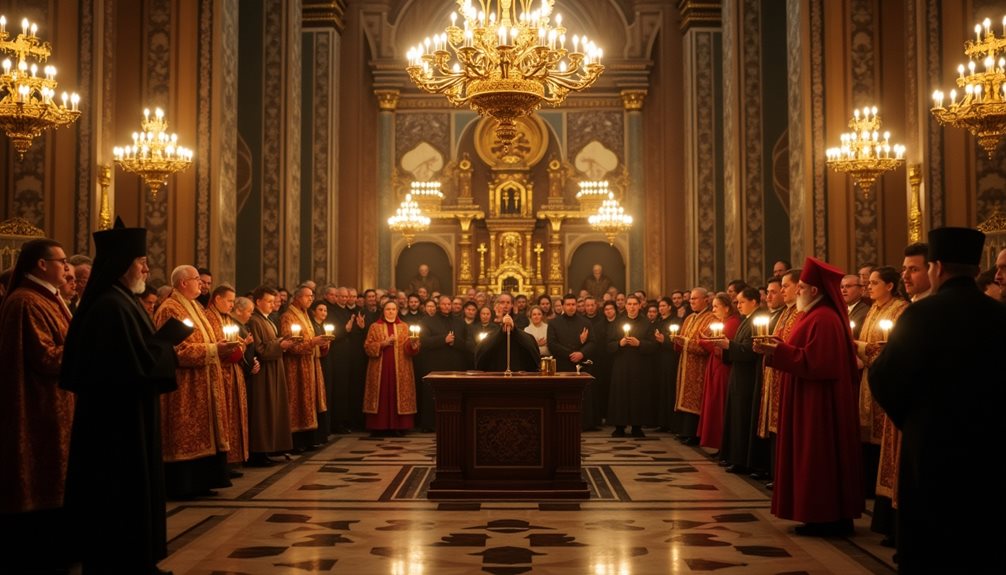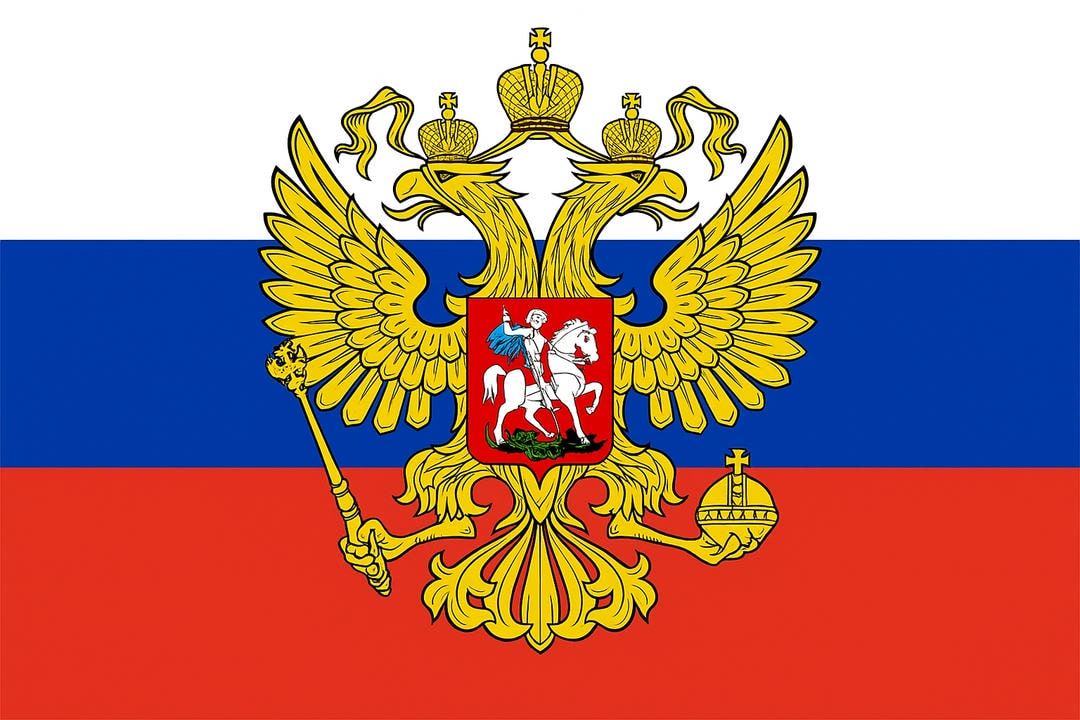The Kazan Region of Russia, strategically positioned at the confluence of the Volga and Kazanka Rivers, is a remarkable blend of historical and modern influences. Known for its rich Tatar heritage, the region showcases a unique tapestry of cultural and architectural marvels, including the illustrious UNESCO-listed Kazan Kremlin. Its thriving economy is supported by diverse sectors such as petrochemicals and machinery. Additionally, the vibrant cultural scene, highlighted by traditional festivals and the Kazan International Muslim Film Festival, underscores the region’s dynamic community spirit. To truly appreciate Kazan’s multifaceted identity, one must explore its intriguing geographical traits and historical depth.
Interesting Facts about the Region of Kazan

Nestled in the heart of Russia, the Kazan region, also known as Tatarstan, is a unique confluence of diverse cultures and rich history. One of the most remarkable aspects of this region is its rich tapestry of Tatar cuisine, which includes dishes like echpochmak, a savory pastry, and chak-chak, a sweet treat made from dough and honey.
These culinary traditions reflect the region’s deep cultural heritage and continue to be cherished by locals and visitors alike.
Kazan’s vibrant festivals further underscore its cultural richness. Events such as Sabantuy, a traditional Tatar festival celebrating the end of sowing season, and the Kazan International Muslim Film Festival, highlight the region’s dynamic cultural landscape.
Positioned along the majestic River Volga, Kazan’s picturesque scenery serves as a backdrop for these celebrations.
The Tatar language, an essential element of the region’s identity, thrives in Kazan, underpinning its cultural and educational institutions.
Architectural landmarks, such as the Kazan Kremlin, a UNESCO World Heritage site, stand as symbols to the region’s historical significance and architectural prowess.
These features collectively create a vibrant and historically enriched region, drawing visitors who seek cultural depth and freedom of exploration.
Geographical Traits of Kazan
Positioned strategically at the confluence of the Volga and Kazanka Rivers, Kazan boasts a geographical prominence that has greatly influenced its development. These river systems have not only provided crucial trade routes but have also fostered a unique urban landscape characterized by a blend of historical architecture and modern infrastructure.
The rivers themselves are fundamental to the city’s economic dynamism, supporting industries and providing a scenic backdrop to daily life.
Kazan experiences significant climate variations, with cold winters and warm summers, which impact both its natural environment and human activities. These climatic conditions contribute to the region’s diverse flora and fauna, making it one of Russia’s biodiversity hotspots.
The confluence of different ecosystems around the riverbanks and forested areas creates a rich tapestry of natural resources, from timber to fertile agricultural land.
The city’s urban landscape is a reflection of its strategic geographical positioning. The juxtaposition of the ancient Kazan Kremlin with contemporary skyscrapers mirrors the ongoing evolution driven by its geographical traits.
Additionally, the natural resources available in the region have been essential in shaping Kazan’s economic landscape, ensuring it remains a thriving hub of activity and progress.
Kazan’s Culture and History

Kazan’s geographical prominence has not only shaped its urban landscape but also profoundly influenced its cultural and historical tapestry. Nestled at the confluence of the Volga and Kazanka rivers, Kazan has served as a significant crossroads between East and West, fostering a unique amalgamation of Tatar traditions and Russian influences.
The city’s history can be traced to the Kazan Kremlin, a UNESCO World Heritage site that stands as a reflection of Kazan’s strategic importance and architectural splendor. This fortress, with its iconic Kul Sharif Mosque and Annunciation Cathedral, symbolizes the religious diversity that has characterized the city for centuries.
Kazan’s cultural heritage is enriched by its artistic heritage, manifested in institutions like the Tatar State Academic Opera and Ballet Theatre, where classical and traditional performances captivate audiences.
Culinary delights such as chak-chak and echpochmak reflect Tatar gastronomy’s richness, offering a sensory journey through the region’s history. The city’s streets are lined with historical landmarks that narrate tales of resilience and coexistence.
From the bustling Bauman Street to the serene shores of Lake Kaban, Kazan’s historical and cultural landscape invites exploration and celebrates a legacy of diversity and artistic expression.
The Economy of Kazan
The economy of Kazan, a vital hub within the Russian Federation, is characterized by its diverse and dynamic sectors, ranging from traditional industries to cutting-edge technology. Kazan’s industry, particularly petrochemicals and machinery, forms the backbone of its economic framework. Major enterprises like Tatneft and Kazan Helicopters drive significant economic growth, bolstering the region’s GDP.
Trade relations are essential to Kazan’s prosperity. The city’s strategic location on the Volga River facilitates robust domestic and international trade, enhancing its economic landscape. As a result, Kazan maintains strong economic ties with both European and Asian markets, fostering a conducive environment for business expansion.
Tourism also plays a fundamental role in Kazan’s economy. The city’s rich cultural heritage and historical significance attract millions of visitors annually, contributing to local revenue and creating numerous employment opportunities. The tourism impact is further amplified by high-profile events such as the World Cup and Universiade, which have placed Kazan on the global stage.
Investment opportunities in Kazan are abundant, supported by favorable government policies and incentives aimed at attracting foreign and domestic investors. These initiatives guarantee sustained economic growth and diversification, making Kazan a promising destination for business ventures.




